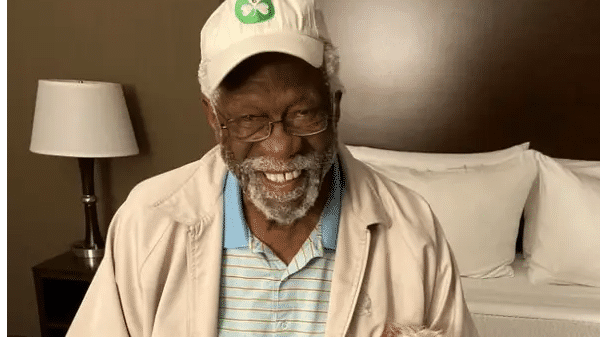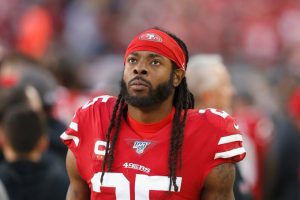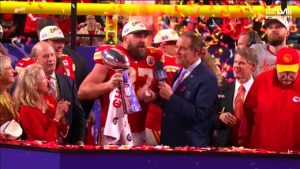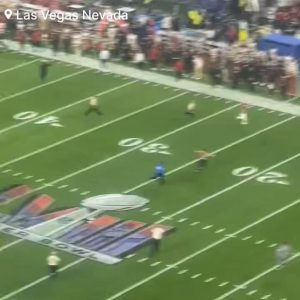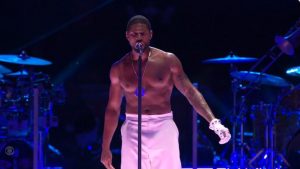It is not hard to remember the shots that Bill Russell blocked or the NBA championships he won. With Russell having so many of each, he is considered to be one of the greatest basketball players in history.
But after several decades, his legacy had less to do with the sport he dominated than his work off the court. From the time he was a young man to his death at age 88, Russell was a civil rights activist who used his platform as a celebrity athlete to confront racism.
Also read: Boston Celtics pay tribute to Bill Russell: ‘The greatest champion’
While it is common for many athletes across other sports to be outspoken, it can be seen that they are probably inspired by Russell. The NBA players’ union encourages its members to be passionate about their politics, especially around social justice.
Without Russell risking his own life and enduring the cruelties he did as a Black player in the segregated Boston of the 1950s and 1960s, athlete activism would have looked much different today.
Also read: NBA star Bill Russell: Legend on and off the court
Russell, while accepting an award in Boston had said, “My rookie year, in the championship series, I was the only Black player for both teams. And see what we did, we showed them diversity works.”
In 1963, Russell marched with the Rev. Dr. Martin Luther King Jr during the March on Washington for Jobs and Freedom in the prime of his playing career. He was invited to sit onstage behind King, but he declined.
Also read: Who was Bill Russell?
That same year, Russell offered his public support for demonstrations against segregation in Boston public schools, and addressed Black students taking part in a sit-in.
The same year, when civil rights leader Medgar Evers was assassinated, Russell had reportedly contacted Evers’s older brother, Charles, in Jackson, and offered his assistance. The elder Evers suggested that Russell run an integrated basketball camp in the Deep South, something that would have been a significant safety risk for Russell.
Also read: Bill Russell death: Know NBA legend’s net worth, college and nicknames
In 1967, when the boxer Muhammad Ali faced criticism for refusing to fight in the Vietnam War, Russell, along with NFL star Jim Brown and Kareem Abdul-Jabbar had gathered in Cleveland and decided to support Ali.
Russell wrote immediately afterward that he was envious of Ali.
“He has absolute and sincere faith,” Russell wrote for Sports Illustrated. “I’m not worried about Muhammad Ali. He is better equipped than anyone I know to withstand the trials in store for him. What I’m worried about is the rest of us.”
Also read: Who is Dorothy Catherine Anstett, second wife of NBA legend Bill Russell?
The NBA champion’s activism made an impact on generations of athletes. That included Spencer Haywood, who played for Russell as a member of the Seattle SuperSonics, whom Russell coached for four seasons.
In an interview, Haywood on Sunday said that he and Russell would often dine at a Seattle restaurant called 13 Coins after road trips, and Russell would regale him with stories about the civil rights movement.
Russell’s activism did not stop as he got older. In recent years, Russell was seen as a public supporter of the Black Lives Matter movement and Colin Kaepernick, the former NFL quarterback who began kneeling during the national anthem to protest police brutality in 2016.

